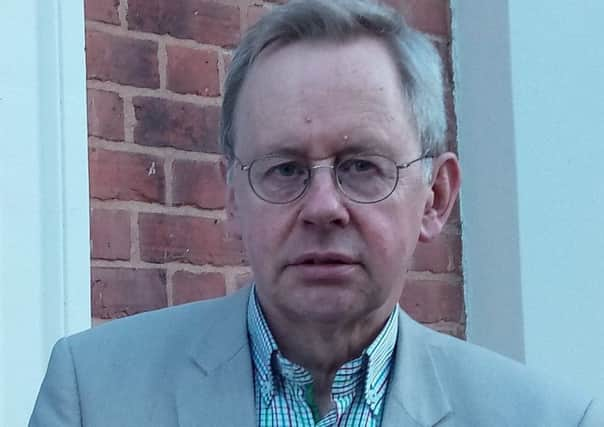Lawyer queries legacy inquests plan


Over the coming month the News Letter is publishing weekly articles by Neil Faris, a Belfast-based lawyer, in which he examines whether there are other ways forward that comply with the European Convention on Human Rights (Click here for part one).
Mr Faris says it is clear that there is a requirement to hold “effective, independent investigations into all the deaths during the course of the Troubles”, but he questions the assumption that inquests are the only means of achieving such an outcome.
Advertisement
Hide AdAdvertisement
Hide AdThe inquests, which mostly look at deaths at the hands of the security forces, have been said to be necessary for Britain to comply with Article Two of the convention, which protects the right to life. Legacy processes were agreed as a separate process to the Historical Investigations Unit in the Stormont House Agreement in 2014.
Mr Faris suggests there has been what he describes as inadequate thought and a failure of political and legal imagination in how legacy cases might best be tackled in the interests of the whole community.
There has been mounting concern at the way republicans could use the inquests to endorse their narrative of the past.
There are currently 94 outstanding deaths in legacy inquests. A News Letter analysis of the inquests on Saturday found that at least 35 of the dead were terrorists.
Advertisement
Hide AdAdvertisement
Hide AdAmong them are the eight IRA men shot dead by the SAS at Loughgall in 1987. Republicans say that incident revealed a shoot-to-kill policy.
In recent months the British government and unionist politicians have withheld funding for the legacy inquests, until there is an agreed way forward on legacy.
Amid the pending prosecution of ex soldiers, the News Letter will be scrutinising the Stormont House structures to assess whether they are likely to lead to balanced scrutiny of the past, including equivalent funding for legacy inquest cases and for unsolved Troubles deaths that do not qualify for inquests.